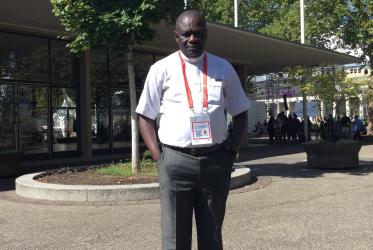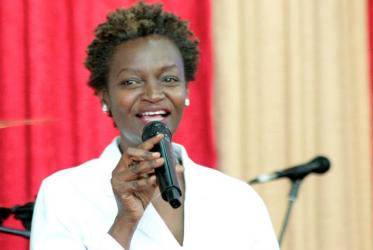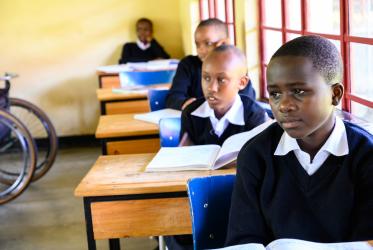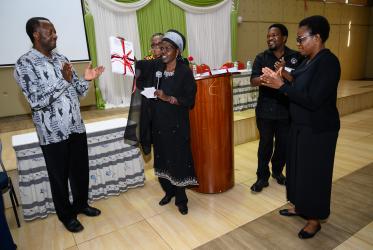Displaying 1 - 20 of 57
In a COVID-stricken world, “everyone is important”
23 October 2020
Advancing a disability-inclusive response to COVID-19
21 April 2020
Young people in Togo: “Hear our voice! We want to tell our stories!”
07 November 2019
Kenya schools invest in young people to end new HIV infections
18 September 2019
Mission and people with disabilities
26 June 2019
Knowledge of gender roles deepens in Togo
03 June 2019
Faith and HIV treatment go hand in hand
06 March 2019















